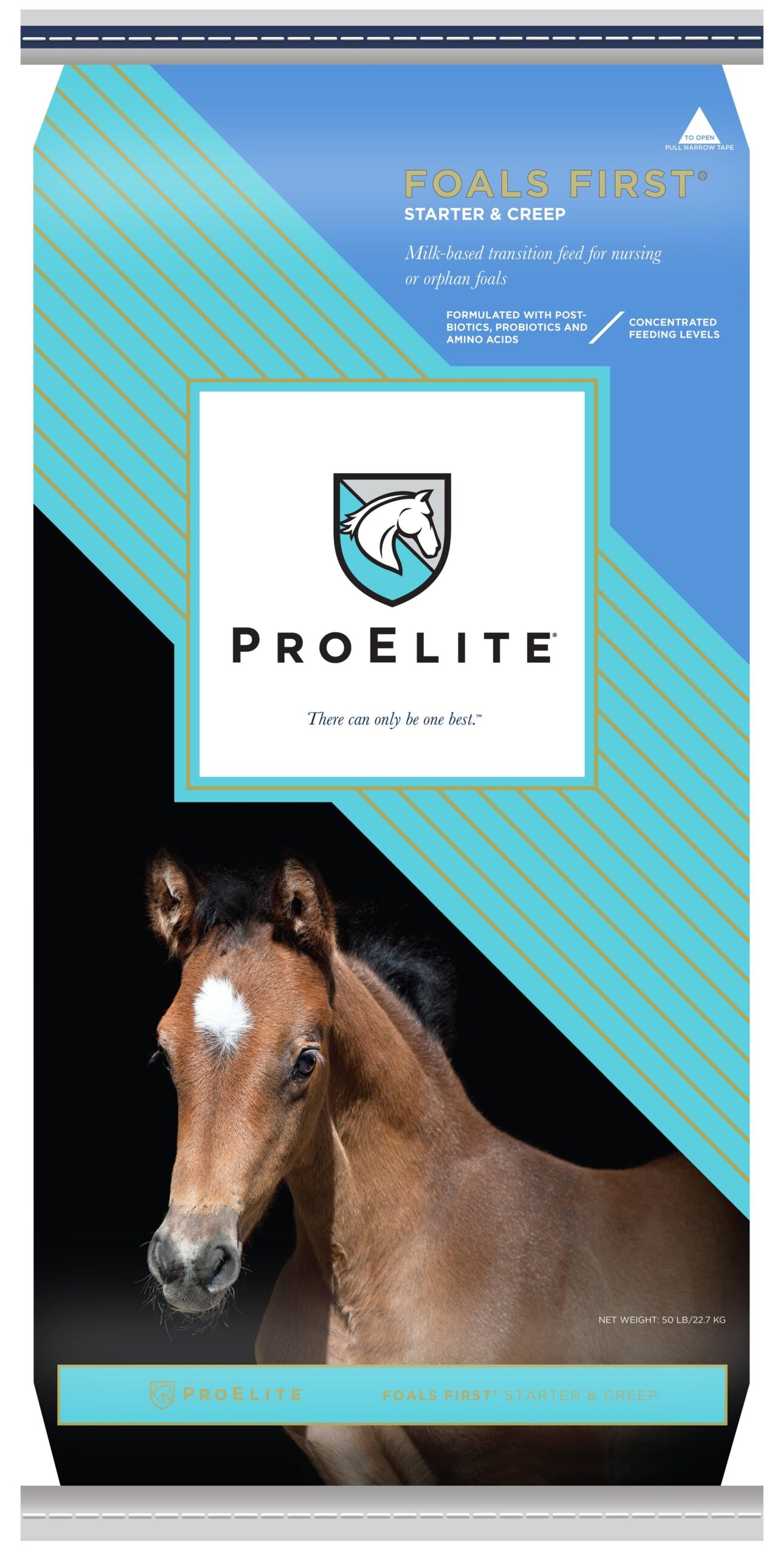Feed Transition Protocols for Your Horse

Transitioning your horse’s feed properly is crucial for maintaining their digestive health and overall well-being. Sudden changes in diet can lead to colic, diarrhea, or other digestive disturbances. This article provides a detailed guide on how to implement effective feed transition protocols.
Why Feed Transition Protocols Matter

Horses have sensitive digestive systems that require gradual adaptation to new feeds. Abrupt changes can disrupt the balance of gut microbes, leading to digestive upset. Proper protocols help ensure a smooth transition, minimizing health risks.
Step-by-Step Feed Transition Protocol
| Day | Old Feed (%) | New Feed (%) | Notes |
|---|---|---|---|
| 1-3 | 75 | 25 | Introduce new feed gradually |
| 4-6 | 50 | 50 | Equal parts of old and new feed |
| 7-9 | 25 | 75 | Mostly new feed |
| 10+ | 0 | 100 | Complete transition |
Tips for a Successful Transition
- Monitor your horse’s health: Watch for signs of colic, diarrhea, or changes in behavior.
- Maintain consistent feeding times: Helps regulate digestion.
- Provide plenty of fresh water: Essential during dietary changes.
- Avoid sudden changes in quantity: Gradual increase or decrease is key.
Common Feed Types and Transition Considerations
- Forage to Concentrate: Introduce concentrates slowly to prevent starch overload.
- Hay to Pasture: Gradually increase grazing time.
- Supplement Changes: Introduce new supplements one at a time.
Frequently Asked Questions (FAQ)
Q1: How long should a feed transition take?
A: Typically 7-10 days, but some horses may require longer.
Q2: What signs indicate a problem during transition?
A: Colic symptoms, diarrhea, loss of appetite, or lethargy.
Q3: Can I speed up the transition process?
A: It’s not recommended as it increases health risks.
Q4: What if my horse refuses the new feed?
A: Try mixing the new feed with the old to encourage acceptance.
Conclusion
Implementing a structured feed transition protocol is essential for your horse’s health. Patience and careful monitoring will ensure a smooth dietary change, promoting optimal digestion and well-being.
